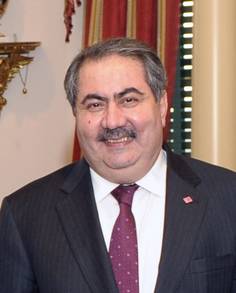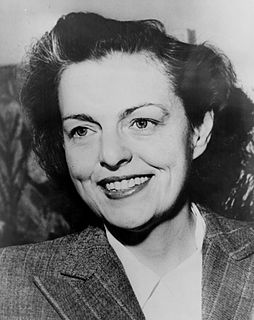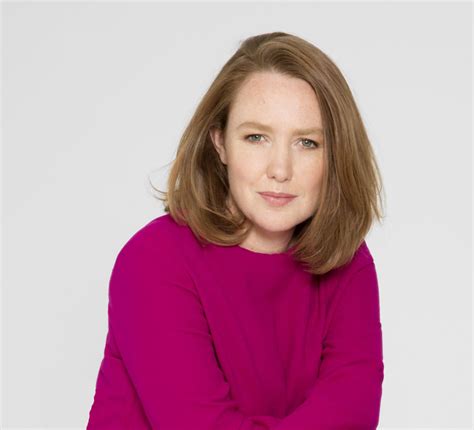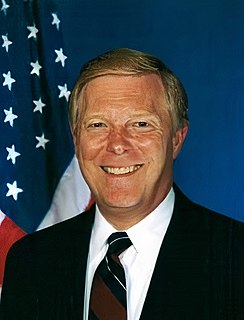A Quote by Sandra Day O'Connor
The freedom to criticize judges and other public officials is necessary to a vibrant democracy. The problem comes when healthy criticism is replaced with more destructive intimidation and sanctions.
Related Quotes
If the test of patriotism comes only by reflexively falling into lockstep behind the leader whenever the flag is waved, then what we have is a formula for dictatorship, not democracy... But the American way is to criticize and debate openly, not to accept unthinkingly the doings of government officials of this or any other country.
Gandhi is the other person. I believe Gandhi is the only person who knew about real democracy — not democracy as the right to go and buy what you want, but democracy as the responsibility to be accountable to everyone around you. Democracy begins with freedom from hunger, freedom from unemployment, freedom from fear, and freedom from hatred. To me, those are the real freedoms on the basis of which good human societies are based.
Voting in this country has essentially been relegated to a very fledging group of election officials, who receive no training and operate on shoestring budgets on one hand, and political consultants whose job is to get their candidates elected on the other. And when you have that kind of scenario, it's really hard to describe yourself as a vibrant democracy. It's an embarrassment.
To criticize a person for their race is manifestly irrational and ridiculous, but to criticize their religion, that is a right. That is a freedom. The freedom to criticize ideas, any ideas - even if they are sincerely held beliefs - is one of the fundamental freedoms of society. A law which attempts to say you can criticize? and ridicule ideas as long as they are not religious ideas is a very peculiar law indeed.
I can imagine no greater disservice to the country than to establish a system of censorship that would deny to the people of a free republic like our own their indisputable right to criticize their own public officials. While exercising the great powers of the office I hold, I would regret in a crisis like the one through which we are now passing to lose the benefit of patriotic and intelligent criticism.
We warn our children and grandchildren about peer pressure. We want them to say no to the vices of the world: drinking, drugs, and other destructive behaviors. But as we move from childhood to adulthood, we find the peer pressure changes. Daniel 3:2 notes "the satraps, the administrators, the governors, the counselors, the treasurers, the judges, the magistrates, and all the officials of the provinces" were there. I'm sure more than one of them thought they needed to keep their job with all of its benefits. Not much has changed in two-and-a-half millennia.

































